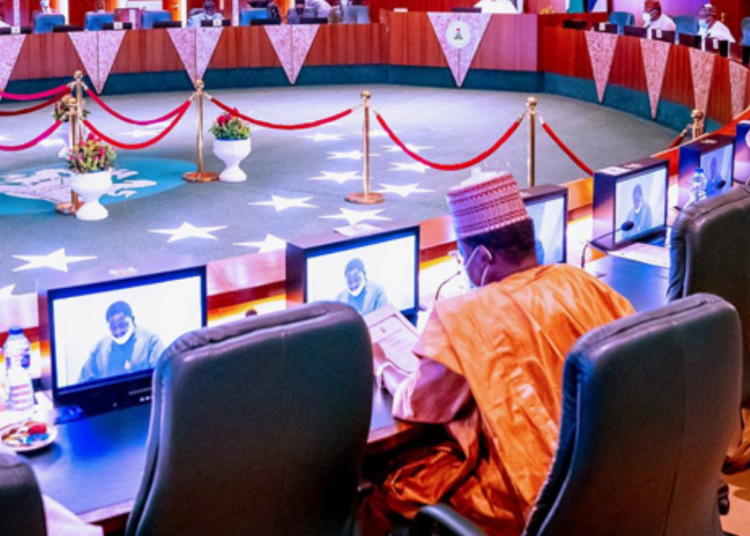The recent revelations of exorbitant and questionable expenditures by several state governments in Nigeria are, to say the least, troubling.
At a time when most Nigerians are struggling under severe economic hardship, we consider it the height of fiscal irresponsibility for politicians and, in particular, governors to be spending lavishly on non-essentials in the guise of overheads.
In a recent report, it was alleged that the Abia State governor, Alex Otti, spent close to a billion naira in just one quarter on items like refreshments, allowances and welfare. It is shocking even if the state government denies it.
With high inflation, job losses and businesses shutting down, that money could have been better spent on stimulating economic activity.
Similarly, it was alleged that the Lagos state government budgeted billions of Naira for what critics claim are frivolous purchases like luxury vehicles, branded chickens and liquid air fresheners. If true, it is in our opinion a reflection of ongoing proclivity of the political class to misplace priorities.
Most Nigerians are yet to come to terms with the news that President Bola Tinubu had proposed to spend over N6.9 billion on procurement of vehicles for the State House, with the Office of the First Lady getting N1.5 billion for new cars.
This proposed expenditure is coming at a time when Nigerians are still protesting the decision of the National Assembly to spend N75 billion on luxury vehicles to boost their warped ego.
In the considered opinion of this newspaper, these humongous amounts of money being frittered away on such vanity projects could have gone a long way in providing much-needed infrastructure or social services for the citizens.
As part of this spendthrift, it was revealed that all 36 states spent N1.71 trillion in just nine months on recurrent expenses.
One would expect the state chief executives to tighten their belts and cut down on wastages at a difficult time like this when the people are unduly stressed in an economy that is to all intents, distressed.
Their lavish lifestyles and spending patterns are completely at odds with the sacrifices they are asking Nigerians to make.
To make matters worse, some of the recent spendings have been carried out shortly after the states received federal palliatives to help citizens cope with the impact of fuel subsidy removal.
So the funds meant to alleviate the suffering of regular Nigerians have likely ended up funding the profligacy and obscene lifestyle of state governors and their co-travelers. This is morally reprehensible to say the least.
We make bold to restate that leadership is more effective when it is accompanied by good example. When administrations preach austerity and prudence while engaging in wanton expenditures, it sends the wrong message and erodes public trust.
In our view ,It also shows the lack of urgency or political will to confront the economic crisis facing the nation in a meaningful way.
State governors cannot continue with business as usual while demanding more sacrifices from citizens already dealing with high food costs, job losses and collapsing businesses.
They must take the lead in cutting wasteful spendings and channeling public funds only towards projects/programs that positively impact the lives of citizens.
In times of economic distress, recurrent expenditures and administrative costs should be kept at modest levels so that more resources can go into capital investments.
Looking ahead, a culture change is needed where public office holders embrace modest lifestyles and discipline in fiscal management. The electorate must also hold those they voted for as leaders accountable for economic decisions that impact their welfare.
State governments also need to be transparent and accountable in the award and execution of contracts. Lavishing billions of naira on questionable or inflated contracts is not only fiscally irresponsible but morally reprehensible.
We call on the anti-graft agencies to thoroughly investigate the recently exposed spendings in several states and take appropriate action as required by law.
Going forward, governors need a renewed orientation on frugal use of scarce public resources. We insists that the electorate must also hold their leaders accountable and vote out those who prioritize self-aggrandizement over citizens’ welfare.
The times call for disciplined leadership and prudent economic management at all tiers of government.
State chief executives must lead by example in cutting wastages and unnecessary costs. The economic survival of millions of Nigerians depends on it.




